
The year 2021 started with the echo of the German elections. In the general elections that will take place on September 26, 2021 in Germany, Angela Merkel did not stand as a candidate this time. In this analysis, Merkel, who has been sitting in the Chancellor’s seat since November 22, 2005, possible successors of Merkel and Merkel's Turkey-Germany relations stance during her period will be discussed.
Angela Merkel is the first female Chancellor in German political history. Angela Dorothea Kasner was born in Hamburg in 1954. Merkel's parents are Herlind and Horst Kasner. His father is a German Protestant theologian, and his mother is a teacher of Latin and English. After Merkel was born, the family moved to East Germany, contrary to the general trend of moving from east to west. They moved to Templin in 1957 and Angela Merkel finished high school there in 1973. In the same year, she studied Physics at the then Karl Marx University, now the University of Leipzig. She met her husband, Ulrich Merkel, here. After graduation, she worked as a lecturer at the Zentralinstitut für Physikalische Chemie (ZIPC) – Central Institute of Physical Chemistry of the Academy of Sciences in East Berlin in 1978. She received her doctorate degree in 1986 with her thesis on quantum chemistry[1].
Her academic studies on positive sciences did not prevent Merkel from being interested in politics. Like most young people who grew up in East Germany, Angela Merkel also joined youth organizations. She became a member of the Young Pioneers (Pionierorganisation[2] „Ernst Thälmann“) in 1962 and later joined the Free German Youth (Freie Deutsche Jugend) in 1968. Her ties with youth organizations have led her to become at odds with her colleagues at ZIPC.
After the fall of the Berlin Wall in 1989, Angela Merkel joined the Democratic Awakening (Demokratischer Aufbruch), its name later changed to the Christian Democratic Union of Germany (CDU, Christlich Demokratische Union Deutschlands). Merkel became the party's spokesperson in 1990. Merkel joined the CDU on the same dates, the day before the Berlin wall came down[3].
In the first elections after the wall came down, Merkel took her place in the Bundestag. In 1991, Chancellor Helmut Kohl appointed Merkel as minister for women and youth. On April 10, 2000, Merkel was elected chairman of the CDU. Thus, she became the first woman to lead the party, the first of East-Germany origin, and the first "non-Catholic" person.
On September 26, 2021, Angela Merkel's 16-year term as chancellor will end. First, we can briefly recall the possible candidates to replace Merkel and the policies they will follow.
Germany's chancellor candidates and their promises
Armin Laschet
Armin Laschet, the candidate of Merkel's party, the Christian Democratic Union (CDU), is also known as the "Turkish Laschet". Laschet, known for praising the Turks who came to Germany from Turkey, stands out as a unifying name for many people. Although Armin Laschet paints a Turkish-friendly image, he is a politician who does not favor Turkey's accession to the EU. Laschet is also known for his pro-Union (EU) views.
Laschet is one of the few politicians who supported Merkel on the refugee issue in 2015. In this process, there were differences of opinion between Angela Merkel and Armin Laschet due to their pandemic practices and decisions.
Laschet grew up in Aachen. He is a devout Catholic. After studying law, he worked as a journalist and later had his place in politics[4].
Olaf Scholz
Social Democratic Party (SPD) leader Olaf Scholz surpassed both Laschet and Green Party candidate Annalena Baerbock in the polls conducted at the beginning of August. Although Olaf Scholz appeared ahead in the survey results, more than a third of the respondents said that they want none of the three candidates. This result is remarkable. The CDU, which has been a leader for 16 years in survey results, fell behind the SPD for the first time.
Olaf Scholz has served as mayor of Hamburg and Minister of Labour. He makes promises such as housing benefits and increasing the minimum wage. These promises seem convincing to the electorate.
He is also known for his respect for the discipline of Wolfgang Shaüble, whom he took over during his term as Minister of Finance.
In terms of Turkey, in general, the SPD has openly stated that it observes both the domestic and foreign policy of Turkey with concern. Another remarkable point is that the SPD’s party policy does not include Turkey's EU membership negotiations[5].
Annalena Baerbock
Green Party candidate Annalena Baerbock emphasized that "the future should not be left to its fate" after the United Nations (UN) climate experts' critical report on the acceleration of global warming. With climate change, which has become one of the most important problems in the world, the Green Party is an important political voice that has come to the fore. For this reason, Baerbock has made a name for herself as a compelling candidate, albeit temporarily.
Standing out as a young candidate for chancellorship, Baerbock presents herself as a "new breath" after Merkel's conservative rule. On the other hand, Baerbock seems to have damaged her credibility with plagiarism accusations.
Like Laschet, Baerbock has adopted an open-door policy regarding asylum seekers. This point of view was met with skepticism by the CDU-CSU.
Known to be a supporter of the Union, Baerbock is a member of a self-described "activist" family near Hannover. While she wanted to be a war correspondent in her youth, she started her political career after her internship in Brussels[6].
Although foreign policy issues are not among the "critical" election promises for the chancellor candidates, they have an important place in determining the future of the parties[7]. One of the most important German foreign policy issues is the Turkey-Germany relations. The ups and downs during the Chancellor Angela Merkel period have led to unforgettable periods in terms of Turkish foreign policy.
Turkey-Germany Relations in the Merkel Period
Angela Merkel goes down in history as a politician who left her mark on the internal and external relations of the European Union during her 16-year rule. However, especially when looking at the current developments, Merkel's legacy and Merkel's commemorative aspects in history are not very bright. Because she has been an important actor in the fact that the EU is a “Fortress of Europe” and that Europe cannot provide unity within itself, but also, she pursues a policy of isolation against the outside.
For Turkey, this is an obvious situation. Merkel spoke openly, leaving no room for hesitation, about not including Turkey in the European Union. She said that Turkey has no place in Europe and that an "open-ended" relationship can only be established. The strongest reason here is not that Turkey is not "competent" for EU membership under objective conditions. Considering the other members recently admitted to the EU, it leaves no room for doubt that as a necessity of the coalition’s stance it represents stem from the prejudiced attitude of the party and the religious base it represents against a country that is predominantly Muslim population.
In this respect, in Turkey's eyes, she can be regarded as a bigoted, conservative politician who essentially harms the development and strengthening of the EU.
Another example is Merkel's dividing Europe within herself and initiating a concept called "Western Balkans". As Merkel finally expressed in Belgrade on September 13, 2021 (Monday), the EU wants to include Serbia, Albania, North Macedonia, Bosnia and Herzegovina, Montenegro and Kosovo as members, but this process will take time. Even /Even this statement of Merkelcan be considered as an admission of why/how the EU immediately accepted Bulgaria and Romania into the EU under Merkel's leadership in 2008. She said that the countries mentioned today, in order to draw the eastern border of the EU and exclude Turkey, could not be a part of the accession process yet[8]. It has been noted by Turkey that Merkel took the lead in creating artificial divisions by dividing even the Balkans and excluding Turkey geographically from the Balkans.
[1] “Angela Merkel – chancellor of Germany,” Britannica, September 10, 2021, https://www.britannica.com/biography/Angela-Merkel.
[2] Ernst Thälmann is the former leader of the German Communist Party. This organization is a sub-branch of the Free German Youth Organization.
[3] “Angela Merkel – chancellor of Germany”
[4] “Almanya Şansölye Adayları Kimler ve Vaatleri Neler?,” Deutsche Welle, September 9, 2021, https://tr.euronews.com/2021/09/09/almanya-da-sansolye-adaylar-kimler-ve-vaatleri-neler.
[5] Ronald Meinardus, “Turkey in Germany’s 2021 elections – as reflected in the parties’ manifestos,” ekathimerini.com, September 10, 2021, https://www.ekathimerini.com/opinion/1167693/turkey-in-germany-s-2021-elections-as-reflected-in-the-parties-manifestos/.
[6] “Almanya Şansölye Adayları Kimler ve Vaatleri Neler?”.
[7] Meinardus, “Turkey in Germany’s 2021 elections – as reflected in the parties’ manifestos”.
[8] “Merkel sees long road for Western Balkan states to EU membership,” Reuters, September 13, 2021, https://news.yahoo.com/merkel-sees-long-road-western-173953613.html.
© 2009-2025 Center for Eurasian Studies (AVİM) All Rights Reserved
No comments yet.
-
 REFLECTIONS ON THE EU – CENTRAL ASIA SUMMIT
REFLECTIONS ON THE EU – CENTRAL ASIA SUMMIT
Hazel ÇAĞAN ELBİR 14.04.2025 -
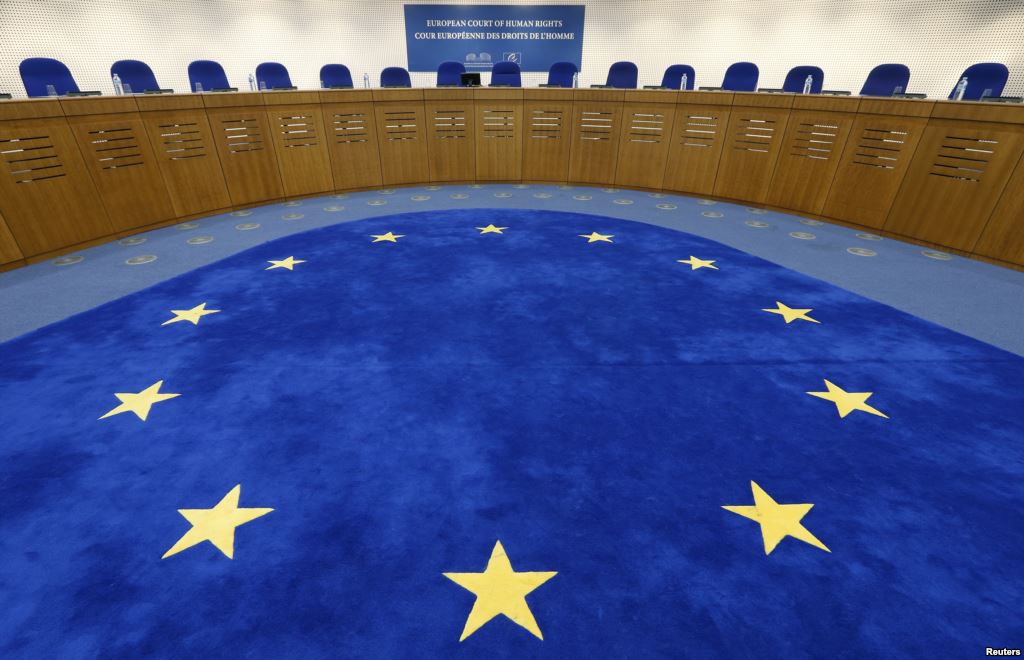 ECHR’S DOĞU PERINÇEK - SWITZERLAND DECISION (OFFICIAL FRENCH, UNOFFICIAL TURKISH)
ECHR’S DOĞU PERINÇEK - SWITZERLAND DECISION (OFFICIAL FRENCH, UNOFFICIAL TURKISH)
Hazel ÇAĞAN ELBİR 24.02.2014 -
 EXTREME RIGHT IS GAINING STRENGTH IN GERMANY
EXTREME RIGHT IS GAINING STRENGTH IN GERMANY
Hazel ÇAĞAN ELBİR 21.02.2020 -
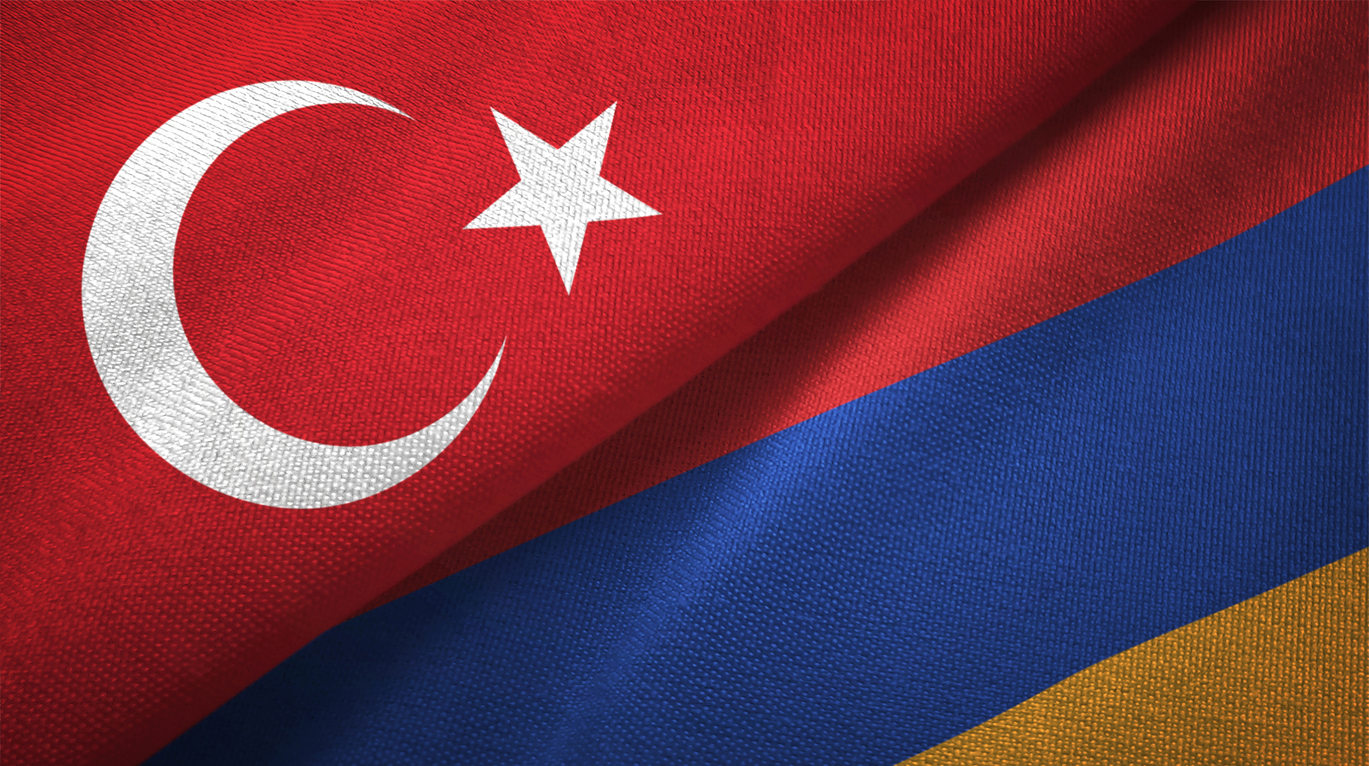 ATTEMPTS TO UNDERMINE THE NORMALIZATION PROCESS OF TÜRKİYE - ARMENIA RELATIONS
ATTEMPTS TO UNDERMINE THE NORMALIZATION PROCESS OF TÜRKİYE - ARMENIA RELATIONS
Hazel ÇAĞAN ELBİR 29.12.2022 -
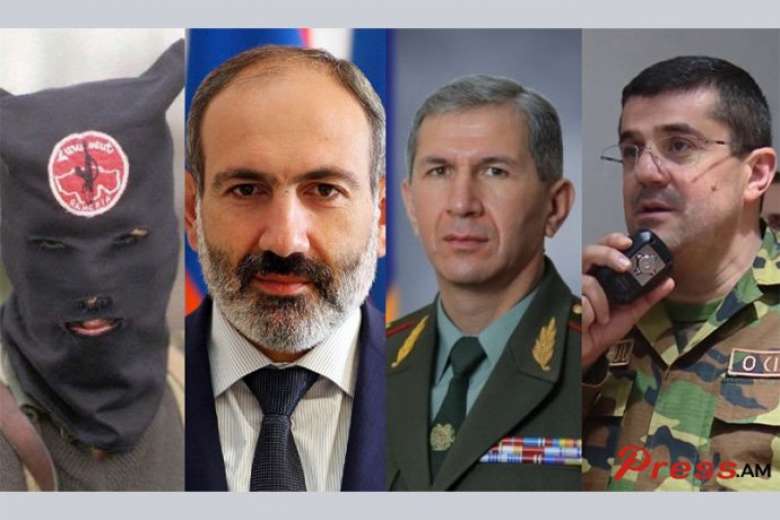 ARMENIAN TERRORISM BEGINS TO SHOW ITS FACE AGAIN - 2
ARMENIAN TERRORISM BEGINS TO SHOW ITS FACE AGAIN - 2
Hazel ÇAĞAN ELBİR 15.03.2021
-
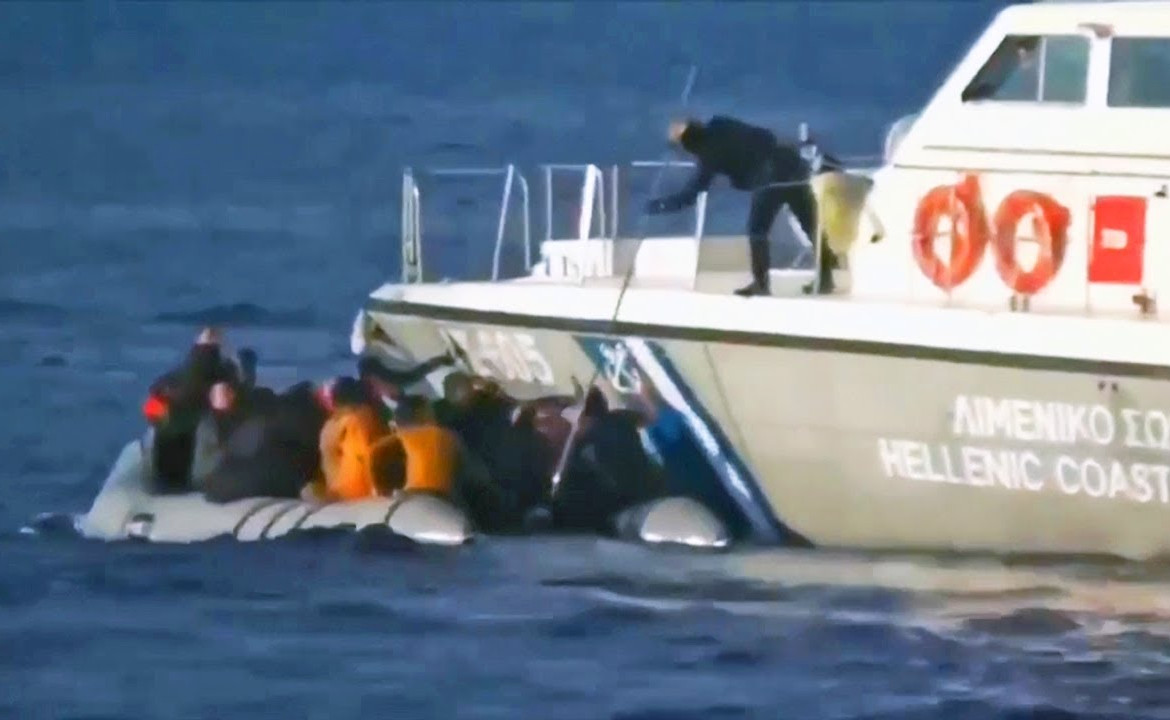 SYRIAN REFUGEE ISSUE: EU INSENSITIVITY VERSUS UK REALISM
SYRIAN REFUGEE ISSUE: EU INSENSITIVITY VERSUS UK REALISM
Teoman Ertuğrul TULUN 31.03.2020 -
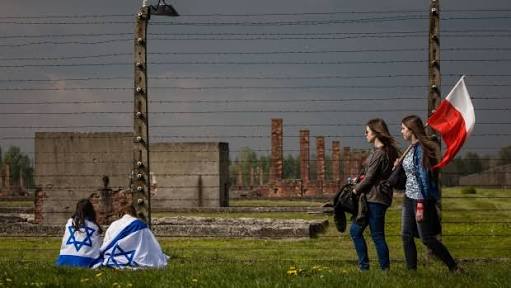 DOUBLE STANDARDS REGARDING THE POLISH LEGISLATION ON THE HOLOCAUST
DOUBLE STANDARDS REGARDING THE POLISH LEGISLATION ON THE HOLOCAUST
Teoman Ertuğrul TULUN 22.02.2018 -
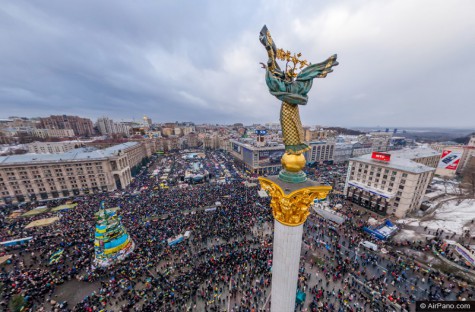 A BRIEF EVALUATION AFTER MINSK SUMMIT
A BRIEF EVALUATION AFTER MINSK SUMMIT
Özge Nur ÖĞÜTCÜ 01.09.2014 -
 EUROPEAN PARLIAMENT RESOLUTION OF 15 APRIL 2015 ON THE CENTENARY OF THE ARMENIAN GENOCIDE
EUROPEAN PARLIAMENT RESOLUTION OF 15 APRIL 2015 ON THE CENTENARY OF THE ARMENIAN GENOCIDE
Turgut Kerem TUNCEL 21.04.2015 -
 EXTREME RIGHT IS GAINING STRENGTH IN GERMANY
EXTREME RIGHT IS GAINING STRENGTH IN GERMANY
Hazel ÇAĞAN ELBİR 21.02.2020
-
25.01.2016
THE ARMENIAN QUESTION - BASIC KNOWLEDGE AND DOCUMENTATION -
12.06.2024
THE TRUTH WILL OUT -
27.03.2023
RADİKAL ERMENİ UNSURLARCA GERÇEKLEŞTİRİLEN MEZALİMLER VE VANDALİZM -
17.03.2023
PATRIOTISM PERVERTED -
23.02.2023
MEN ARE LIKE THAT -
03.02.2023
BAKÜ-TİFLİS-CEYHAN BORU HATTININ YAŞANAN TARİHİ -
16.12.2022
INTERNATIONAL SCHOLARS ON THE EVENTS OF 1915 -
07.12.2022
FAKE PHOTOS AND THE ARMENIAN PROPAGANDA -
07.12.2022
ERMENİ PROPAGANDASI VE SAHTE RESİMLER -
01.01.2022
A Letter From Japan - Strategically Mum: The Silence of the Armenians -
01.01.2022
Japonya'dan Bir Mektup - Stratejik Suskunluk: Ermenilerin Sessizliği -
03.06.2020
Anastas Mikoyan: Confessions of an Armenian Bolshevik -
08.04.2020
Sovyet Sonrası Ukrayna’da Devlet, Toplum ve Siyaset - Değişen Dinamikler, Dönüşen Kimlikler -
12.06.2018
Ermeni Sorunuyla İlgili İngiliz Belgeleri (1912-1923) - British Documents on Armenian Question (1912-1923) -
02.12.2016
Turkish-Russian Academics: A Historical Study on the Caucasus -
01.07.2016
Gürcistan'daki Müslüman Topluluklar: Azınlık Hakları, Kimlik, Siyaset -
10.03.2016
Armenian Diaspora: Diaspora, State and the Imagination of the Republic of Armenia -
24.01.2016
ERMENİ SORUNU - TEMEL BİLGİ VE BELGELER (2. BASKI)
-
AVİM Conference Hall 24.01.2023
CONFERENCE TITLED “HUNGARY’S PERSPECTIVES ON THE TURKIC WORLD"









